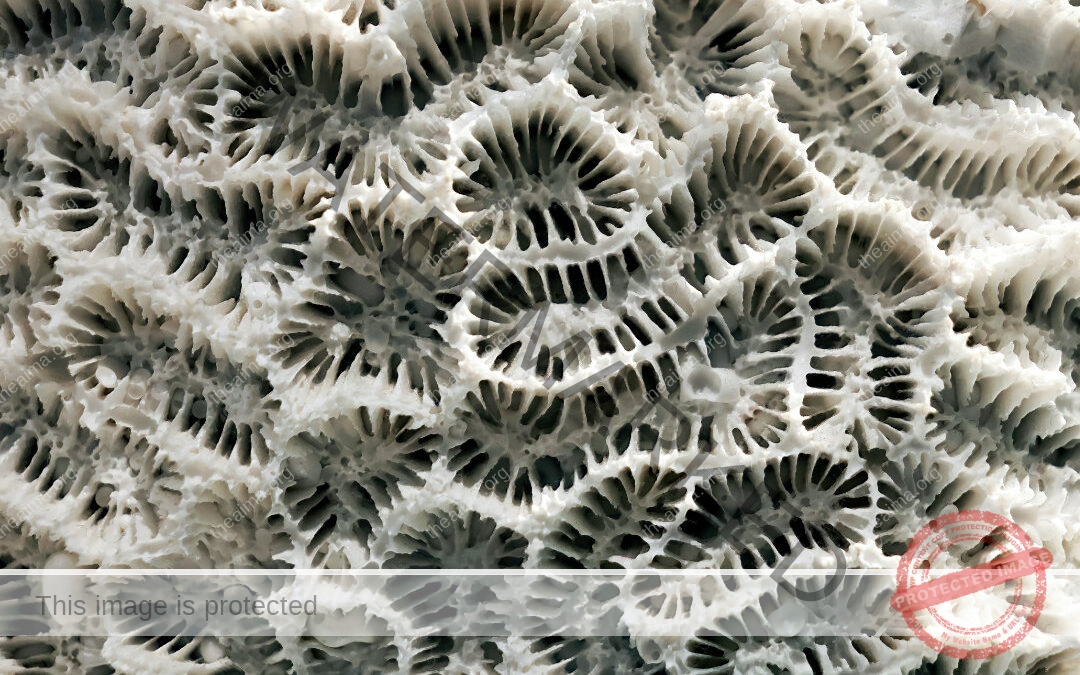A child’s perspective or understanding is something that emerges over time and through exposure to circumstance, revealing information from which a child’s first inklings of the world are constructed. These glimmerings of early childhood are especially poignant, as they form a child’s original impressions about the self, about the world, and about the child’s relationship to that world.
We know, from empirical evidence, the power of first impressions – and the scientific research supports it. Science has demonstrated that first impressions tend to be both lasting, and incredibly difficult to reverse. This is especially true for the young child, because these first impressions of life become the framework, the hardware, the very schema upon which all future understandings are deposited and into which they become assimilated. Therefore, future understandings actually become integrated into and a part of this original framework.
The development of understanding during early childhood occurs organically. Reflections of this process are at work in the natural world all the time, and they are all around us. A useful illustration can be found in the domain of Marine Science, with an investigation into the formation and growth of coral colonies. Marine research has revealed for us that the very small, soft-bodied, coral organisms secrete the chemical compound, calcium carbonate. This compound hardens to form a strong, limestone exoskeleton by which the coral organism becomes permanently attached to the ocean floor, or to the exoskeletons of other coral organisms grown before them. The repetition of this process over time, and the continued reproduction of the colony, eventually manifests the coral reef – a fixed structure that may continue to grow and expand, but the fundamental shape of which remains unchanged. An apt analogy, indeed.
Given this discussion, you can imagine how unlikely it is that a child’s worldview, once established, will ever undergo any substantive structural change over the course of a lifetime. As with the development and formation of a coral reef, one’s worldview will surely expand with time – but the framework itself remains largely fixed – and becomes ever more so, as new understandings are assimilated and integrated into the original framework.
This is why the child’s experiences during the earliest years of life are so crucial. And this is why our objective at AIMA is to introduce IME during the early, most formative years of life.
Dr. Jaime Dodd specializes in the research and application of Montessori theory and practice in early childhood educational settings. She is a member of the executive leadership team for a nonprofit, educational and research institution in St. Louis, Missouri where she has invested the greater part of her professional career. Dr. Dodd serves on the board of various St. Louis area non-profit entities, focused primarily on educational, humanitarian and/or healthcare concerns. Dr. Dodd’s passion is manifest in her work with the American Islamic Montessori Association (AIMA), a professional membership organization to advance Islamic Montessori Education (IME) as a bridge to foster understanding, promote education and expand peace across the U.S. and around the globe.


